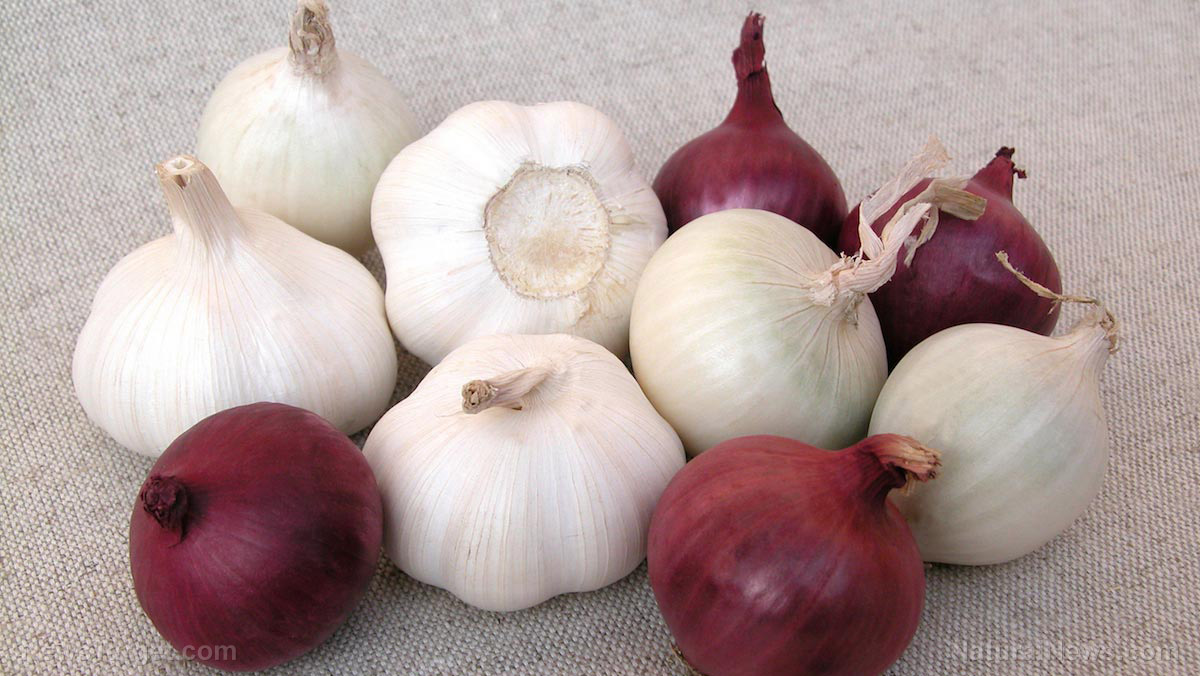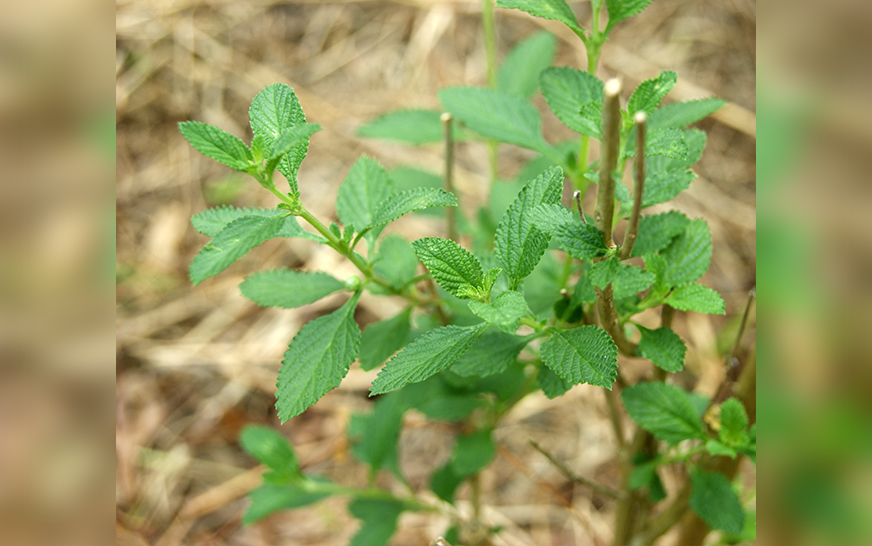You’re golden: Researchers look at gold nanoparticles for improved cancer detection
09/27/2019 / By Isabelle Z.

When it comes to cancer, early detection can often mean the difference between life and death. One of the most promising developments in cancer detection can be found in nanotechnology, and gold nanoparticles in particular could prove to be a life-saving tool.
Nanoparticles are already used in certain types of medical screenings and tests, but gold is a special case. It turns out that cancer DNA is quite fond of gold, regardless of the type of cancer in question, and gold particles will change color according to whether cancer DNA is present. It’s easy to see how great the potential is when it comes to future screening.
Nanodevices are currently being researched to capture blood-borne biomarkers such as proteins associated with cancer. This approach offers a great degree of sensitivity and specificity compared to current means, and it has the potential to provide unprecedented information about the course of a person’s disease and, by extension, the best treatment route to take.
The imaging methods that are used widely today only detect cancer once it has made visible changes to tissue. At that point, thousands of cells could have proliferated and even metastasized, and it’s still necessary to get tissue biopsies to further determine the characteristics of the cancer. Less invasive and more accurate methods are sorely needed.
Lots of promise in detecting and treating prostate cancer
Nanoparticles can be used for lots of applications in cancer detection and treatment. For example, gold nanoparticles are serving as something akin to “tumor-seeking missiles” in trials aimed at treating prostate cancer. The nanoparticles seek out cancerous cells and saturate them, and their vibrational properties are then used to make the tumor tissue pulse when light is applied via laser. This excites the particles enough to kill the cancer cells without harming healthy issue. It could be life-changing for prostate cancer sufferers because it doesn’t damage nerves or lead to problems like sexual impotency or urinary incompetence the way other treatments can.
In fact, one study found that a test using gold nanoparticles that costs less than $1 is faster and more accurate at detecting prostate cancer in its early stages than the standard screening. In addition to its impressive performance in detecting this deadly cancer, it could also reduce the number of invasive and potentially unnecessary biopsies that are the unfortunate result of the less-precise PSA testing method that is currently used; PSA often yields false positives. Even though this novel approach uses gold, it’s surprisingly cheap given the tiny number of nanoparticles needed for each test.
Gold nanoparticles offer properties such as a high surface area-to-volume ratio and stability, and their non-toxic nature and high permeability make them especially suitable. They could be used to “count” the antigen molecules a person has with a scanning electron microscope, providing valuable information long before more visible signs of cancer appear.
Gold nanoparticles are also being used to enhance the scattering of light in the endoscopic techniques used for colonoscopies. For example, it could image and deliver therapy at the same time in vivo for cancers that are notoriously difficult to treat, like pancreatic and ovarian cancers.
It’s also being used to help visualize the molecular markers identifying the specific stages of cancer and cell death in therapy, giving doctors an unparalleled view of the cells and molecules involved. This can help them to not only deliver more effective dosing regimens but could possibly even lead to new therapies.
Gold might be treasured right now for its beauty and financial value, but its true worth could well come from its potential to save countless lives.
Sources for this article include:
Tagged Under: breakthrough, cancer detection, cancer screening, cancer treatment, discoveries, gold, gold nanoparticles, goodtech, medical technology, men's health, nanoparticles, nanotechnology, Prostate cancer, research
RECENT NEWS & ARTICLES
COPYRIGHT © 2017 PREVENT CANCER NEWS


















